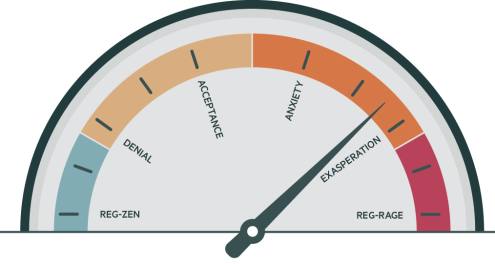Trade associations are criticising plans by the European Securities and Markets Authority to increase penalty rates to address failures in the settlement of securities transactions (or settlement fails) by an exponential rate, saying that such a proposal could disrupt the securities market.
In a briefing note published on Monday, the International Capital Market Association strongly criticised the proposal. The plan, which would see penalty rates jump by several hundreds of basis points annually, was described as disproportionate and a potential threat to the EU’s position as a financial hub.
Other associations that have voiced their disagreement with the proposal include the International Securities Lending Association and the Association of Global Custodians.
According to Andy Hill, senior director in Icma’s market practice and regulatory policy group, the new proposed rates are problematic because they do not look at the reasoning behind the fails, which may lead to unfair penalties for market participants.
“These penalty rates are already being applied on top of the natural cost of failing and encourage good behaviour within the market, but if the issue is structural and not behavioural, the increase in penalty rates will not succeed in reducing failures,” said Hill.
At the moment, if one of the parties fails to settle, due to a missing security or cash payment, the party at fault will be liable for a “late settlement penalty”.
Hill added that indiscriminate penalty rates could also foster unethical behaviour because investors could be pushed to profit from the increase in penalty rates themselves.
“If penalties are super high, as an investor, I would want people to fail me because, I could earn much more by being failed to than I can from the underlying security,” he said, adding that the new rules would incentivise market participants to not accept partial settlements.
Incentivising investors to not provide partial settlement options could be “self-defeating” for the market and create “counterproductive outcomes”, Icma said in its briefing note.
Cash penalties for settlement fails were introduced in February 2022. However, rates continue to be a concern for regulators. Therefore, on December 15 2023, Esma opened a consultation to gather information on the effectiveness of the current penalty mechanism for settlement fails applied under the Central Securities Depositories Regulation.
Esma will share its technical findings with the European Commission by September 2024.







